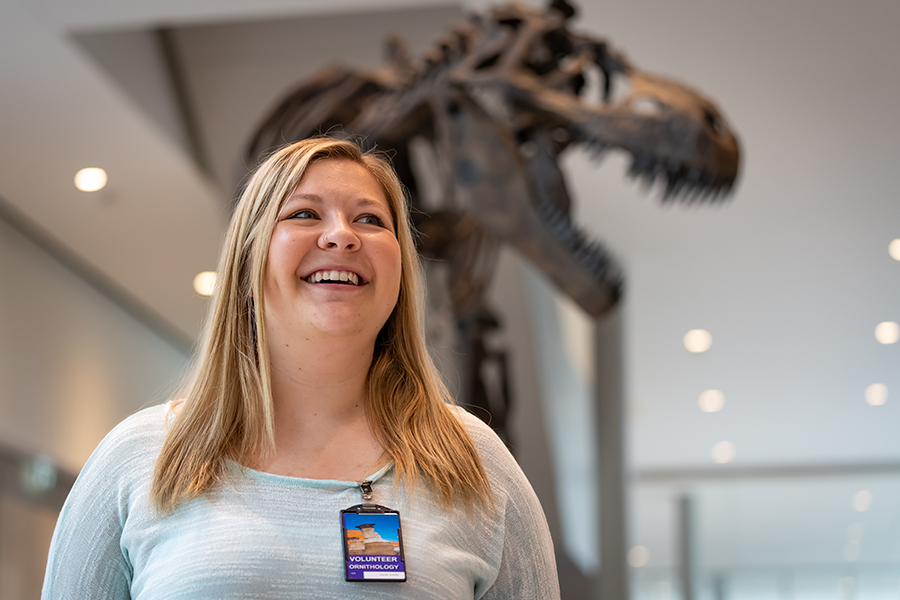DEPARTMENT of BIOLOGICAL SCIENCES
Biological Sciences MAJOR
Explore the mechanisms that make life possible. Examine the complexity of ecosystems. When you major in biological sciences you learn to assess scientific data and living systems, use this knowledge to find solutions to pressing challenges, communicate your ideas clearly using a variety of media and become a confident researcher in the lab or the field.
Our uniquely student-focused approach to biology education puts student research at the core of all we do. We encourage you to explore ideas, be creative in your pursuits and collaborate with peers and professors alike. In the lab, in the field (locally and abroad) and in support of self-directed or faculty research, you develop a full understanding of the life sciences and the ways they influence medicine, agriculture, industry, quality of life and environmental stewardship.
What to expect
Through the study of genetics, ecology and evolution, you are introduced to countless avenues for the study of organisms, environments and their interconnectedness. From your first year, you are exposed to the newest ideas in these areas, providing you with a strong foundation in the life sciences. Your second year offers a breadth of core courses; this is a time to explore a variety of topics and discover where your interests lie. You complete your second year by choosing the focus of your major: general biological sciences, molecular/cellular biology or ecology/diversity.
In your third and fourth years, you are part of a tight-knit community of learners, working collaboratively with your peers and professors. Because our class sizes are small, you have the opportunity to explore ideas more deeply than you would at larger institutions. You undertake research projects and present your findings to the university community.
 Full Story
Full Story
Courses and requirements
This major is open to students in the Bachelor of Science. Courses for your major are only one component of the degree requirements to graduate. To see all courses required for the major, check the program of study in the academic calendar.
Requirements can change from year to year. You follow the program of study outlined in MacEwan University’s academic calendar for the year you declare your major/minor or the year you are accepted into an honours program.
Academic advisors in the Faculty of Arts and Science have prepared resources to help you understand how your major/minor fits within overall degree coursework. Consult the academic planning information to choose and enrol in courses and complete the major/minor declaration process.
